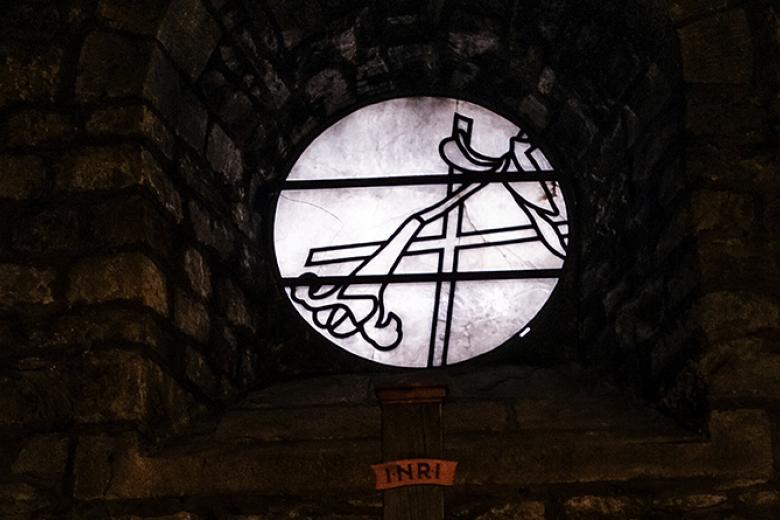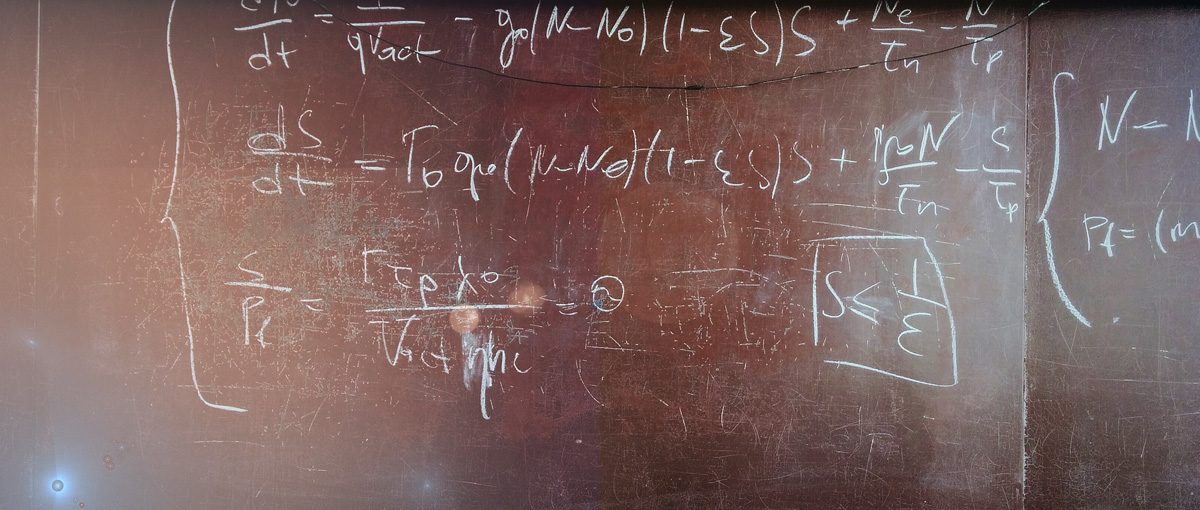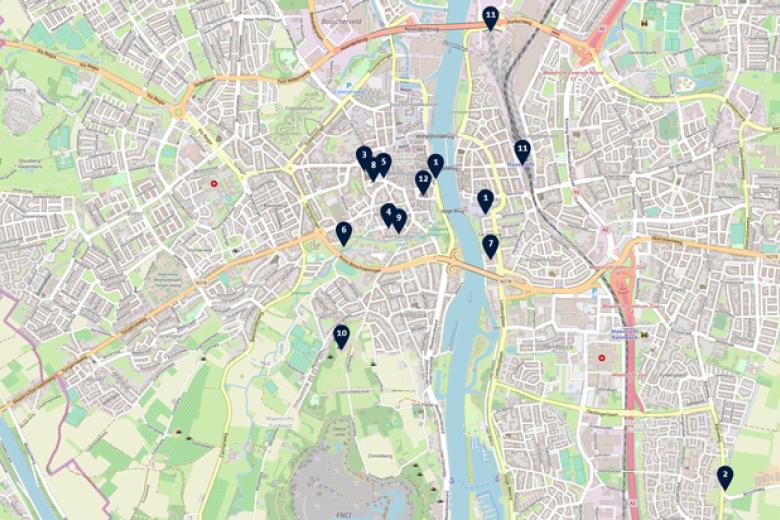Math/Maastricht
Where would you go, if someone asked you to match your work with a spot in the city of Maastricht?
Math/Maastricht documents the answers of some of Maastricht University’s math-minded researchers of the Department of Advanced Computing Sciences (Faculty of Science and Engineering) and the Department of Quantitative Economics (QE, School of Business and Economics).
The resulting twelve stories form an alternative guide to the city, providing an inspiring view of Maastricht and a taste of the range of mathematics-based research at Maastricht University.
Math/Maastricht stories
Bridge issues
When you cross a bridge, what crosses your mind? Do you think about the weather, about your shopping list, or do you wonder whether you will catch the train?
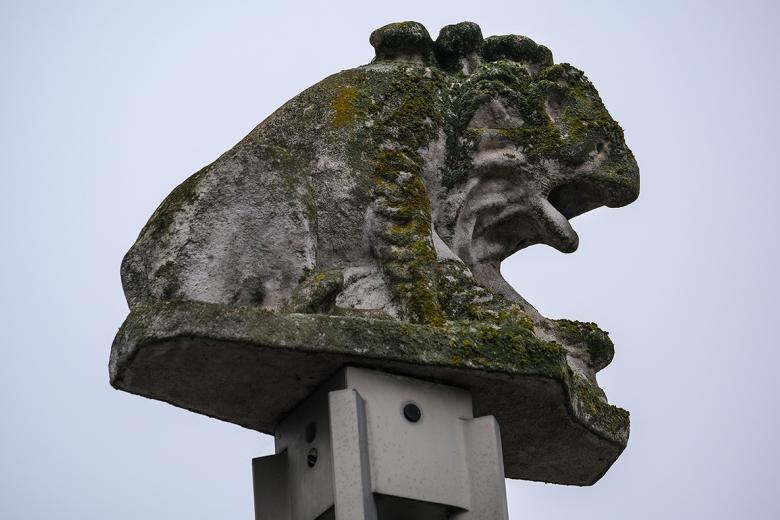
A unique Dutch windmill
As it turns out, Dutch windmills are not just national icons. They also hold a unique position in the mathematical landscape.

Through Ariadne’s guidance
The modern-day incarnation of an ancient Greek goddess is a software package that provides rigorous, mathematical certainty about problems involving change.
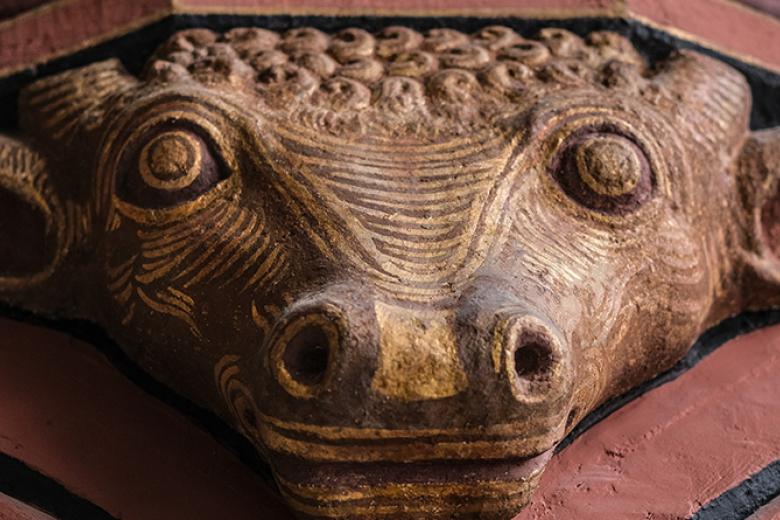
Hiding in plain sight
Signals are everywhere, and they contain a lot of information. However, it is not so easy to see or to extract this information.
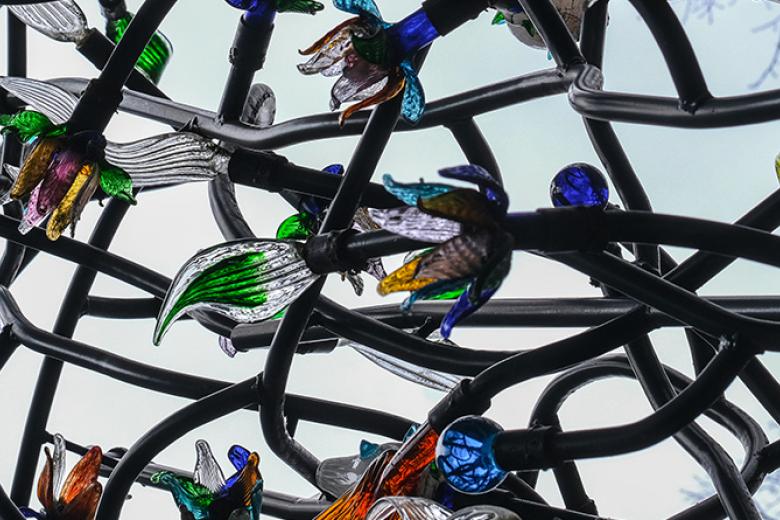
The math games surrounding us
The cheerful statues of the Zaat Herremenieke are connected to hundreds of mathematicians worldwide, who work in a field called game theory.

Power dynamics
The ability to reason gives humans an edge over beings driven by evolution, like cancer cells or animals. The outcome of this power imbalance varies depending on where you look.
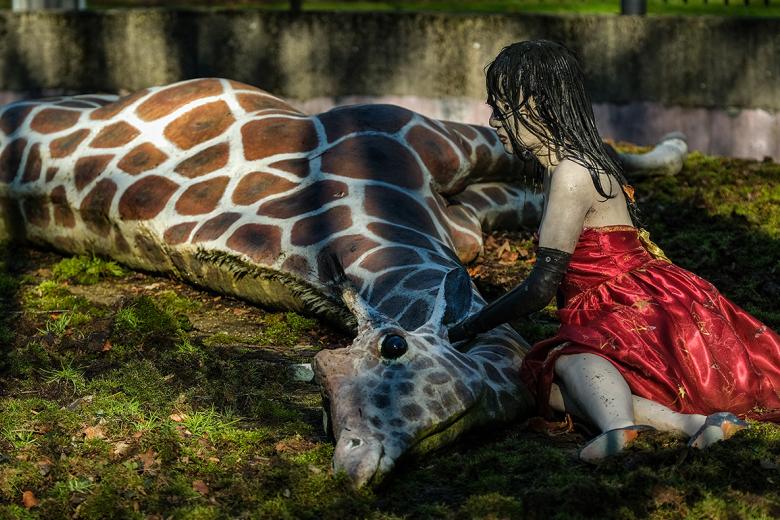
A matter of balance
The importance of fairness and balance is not to be underestimated. It comes with unique challenges, both on a mathematical and on a personal level.

Sint Jan’s feedback
Giving directions is an art. How do you give directions that are not only precise, but which also remain valid in whatever unforeseen situation comes up?

To learn or not to learn…
…that is not the question. At least, not according to Mathias Staudigl. He is more concerned with the how of learning in and outside of game theory.
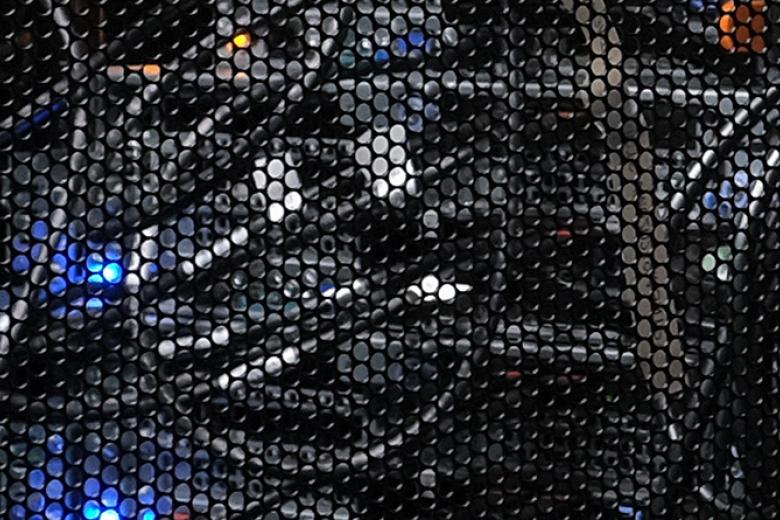
Running up that hill…
…with no problems? Hill climbing isn’t straightforward, whether that is for someone taking on a snowy mountain or for a computer trying to find solutions in an abstract space.
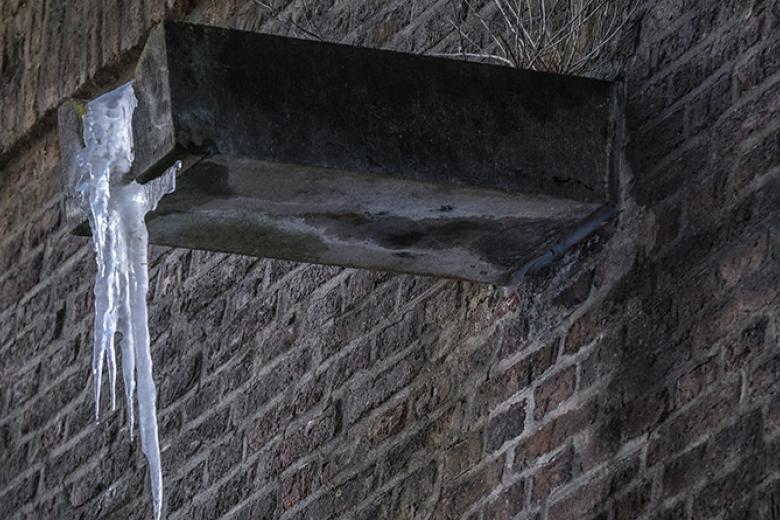
Advanced problem solving
Did you ever stop to think whether you solved a puzzle in the most efficient way possible? Math is here to help, and you may want to pay special attention if you marshal trains for a living.

One plus one equals three
Biology and mathematics offer a lot to each other. One has all sorts of interesting data, while the other knows how to put it to work.
